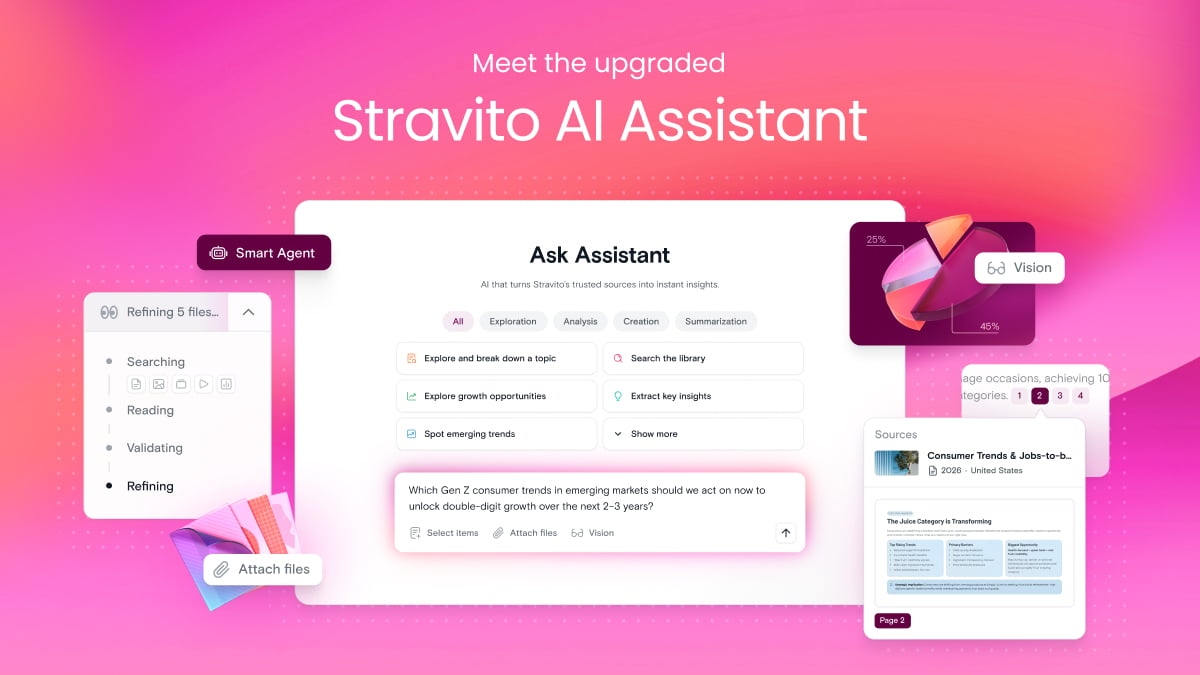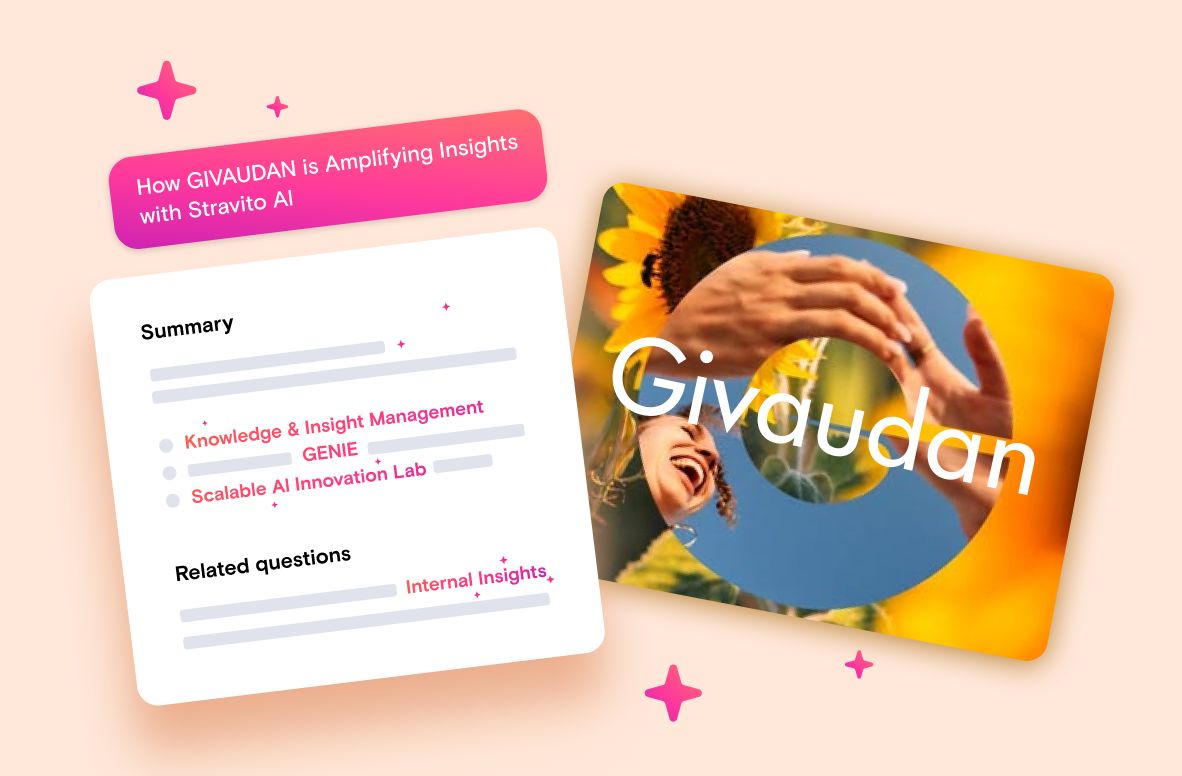In the words of world-famous author and historian Yuval Noah Harari, “People are usually afraid of change because they fear the unknown. But the single greatest constant of history is that everything changes.” And so it’s been, with the introduction of GenAI technologies.
There’s been inevitable anxiety, with thoughts turning to dystopian sci-fi visions like those of I, Robot and Black Mirror. Worrying predictions have been made about the loss of jobs and the development of sentient and evil-minded AI.
Still, many forward-thinking organizations have looked beyond the fear and begun realizing the various benefits of GenAI. And it’s a trend that looks set to continue, with the global AI market expected to grow from a recorded $208 billion in 2023 to almost $2 trillion by 2030.
Of course, it’s important to acknowledge and reflect on fears over the continued development of GenAI. However, this new digital age offers an abundance of opportunities for businesses, and insights teams in particular.
Common Anxieties about GenAI in Enterprise Settings
As with the development of the internet in the 1990s, fears over the rise of GenAI have largely been those of the unknown. Knowledge workers have been among those pointing to legitimate concerns over security, privacy, and accuracy of results generated by AI programs.
The 2024 X-Force Threat Intelligence Index revealed that “AI” and “GPT” had been mentioned in more than 800,000 posts across dark web platforms and illicit markets. And while there have been limited GenAI security breaches to date, the thought is that it will only be a matter of time. Companies are reportedly opening themselves up to such threats through the rapid adoption of GenAI despite a lack of internal oversight and regulation.
There are also worries about the use of content generated with tools such as ChatGPT. Aim Security’s Adir Gruss has pointed to research showing the potential for exposure of data pulled from OpenAI’s generative tool. He highlighted the issue of restrictive copyright licensing applying to generated content, which will limit the ways that such content can be used or distributed.
The accuracy of generated results is a further concern, with hallucination being worryingly common and presented as a plausible blend of fact and fiction. There’s an obvious need to scrutinize and verify results, rather than blindly copying and pasting.
Turning Anxiety into Opportunity
It would be a mistake not to acknowledge and account for the concerns and risks associated with GenAI. However, there’s good reason for the FOMO and the real danger of being left behind.
The introduction of GenAI technologies can bring various benefits, potentially complementing and supporting the work carried out by skilled employees. As Stravito CEO Thor Philogène emphasized in a recent article for Silicon Republic, the rise of GenAI has put more focus on the hard and soft skills that only humans can have. It has also opened up fresh opportunities for workers with expert AI knowledge.
There’s a clear case for investment, with the adoption of GenAI expected to boost business revenue between 6% and 10%. However, it will be essential to assess the degree of hype and establish the most effective uses of GenAI for such investments to be made with confidence.
Focusing on the work of the insights professional, GenAI is opening up the opportunity to explore existing content and data at speed. This is freeing up more time for the kinds of analysis and creativity that can only be performed by people.
However, the quality of results depends on creating the right prompts and interrogating the data, given the continued risk of AI hallucination. There’s also a need for internal governance and AI monitoring, as with great power comes great responsibility.
A New Dawn for Insights
While GenAI is poised to make a major difference, it should be seen as a tool rather than a human replacement. It can allow for the rapid discovery of key insights and bolster decision making.
As insights leader Miranda Patton pointed out on her episode of the Consumer Insights Podcast, “The more tools you can use, the more processes you can put in, just to get some of the non-creative work out of the way, so you can spend more time on the brainpower and the gold that comes out of sitting down and developing insights. That's very critical for researchers.”
However, there will be a continued dependence on human workers for analysis, together with the ethical consideration of business choices. Insight leaders have a vital responsibility to develop understanding and ensure the responsible use of AI.
It’s wise to be wary of GenAI and the changes that it might bring. But it’s also worth asking whether you can afford to stand still while your competitors use it to gain an edge.
Curious to see how GenAI can help turn insights into action at scale? Learn more in this masterclass on Stravito Assistant.







